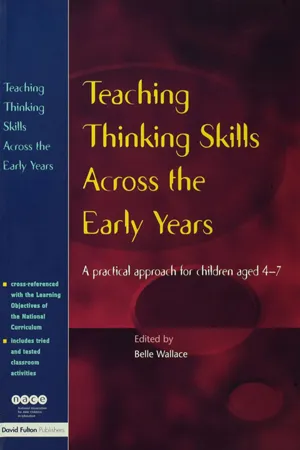
Teaching Thinking Skills Across the Early Years
A Practical Approach for Children Aged 4 - 7
- 192 pages
- English
- ePUB (mobile friendly)
- Available on iOS & Android
Teaching Thinking Skills Across the Early Years
A Practical Approach for Children Aged 4 - 7
About This Book
This book helps teachers incorporate problem-solving and thinking skills into the National Curriculum at the Foundation Phase and Key Stage 1, in line with QCA and DfES recommendations. It presents a range of activities for children aged 4-7 years, all of which have been tried and tested in classrooms. The ideas are cross-referenced with the Learning Objectives of the National Curriculum, and are enhanced with samples of children's work.
It provides sections on the core subjects of literacy, numeracy and science, and ideas for project work across the curriculum.
This book is aimed at teachers at the Foundation Phase and Key Stage 1. Teacher trainers, student teachers, teaching assistants, parents and all those working in early years settings will find it equally useful.
Frequently asked questions
Information
1
Teaching Problem-solving and Thinking Skills in the Early Years: Working across the Curriculum
Comment
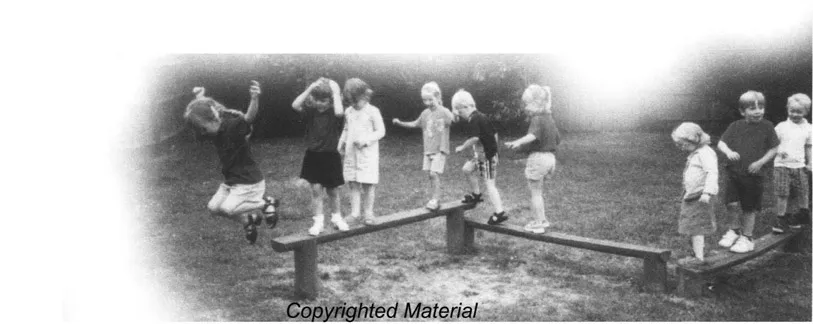

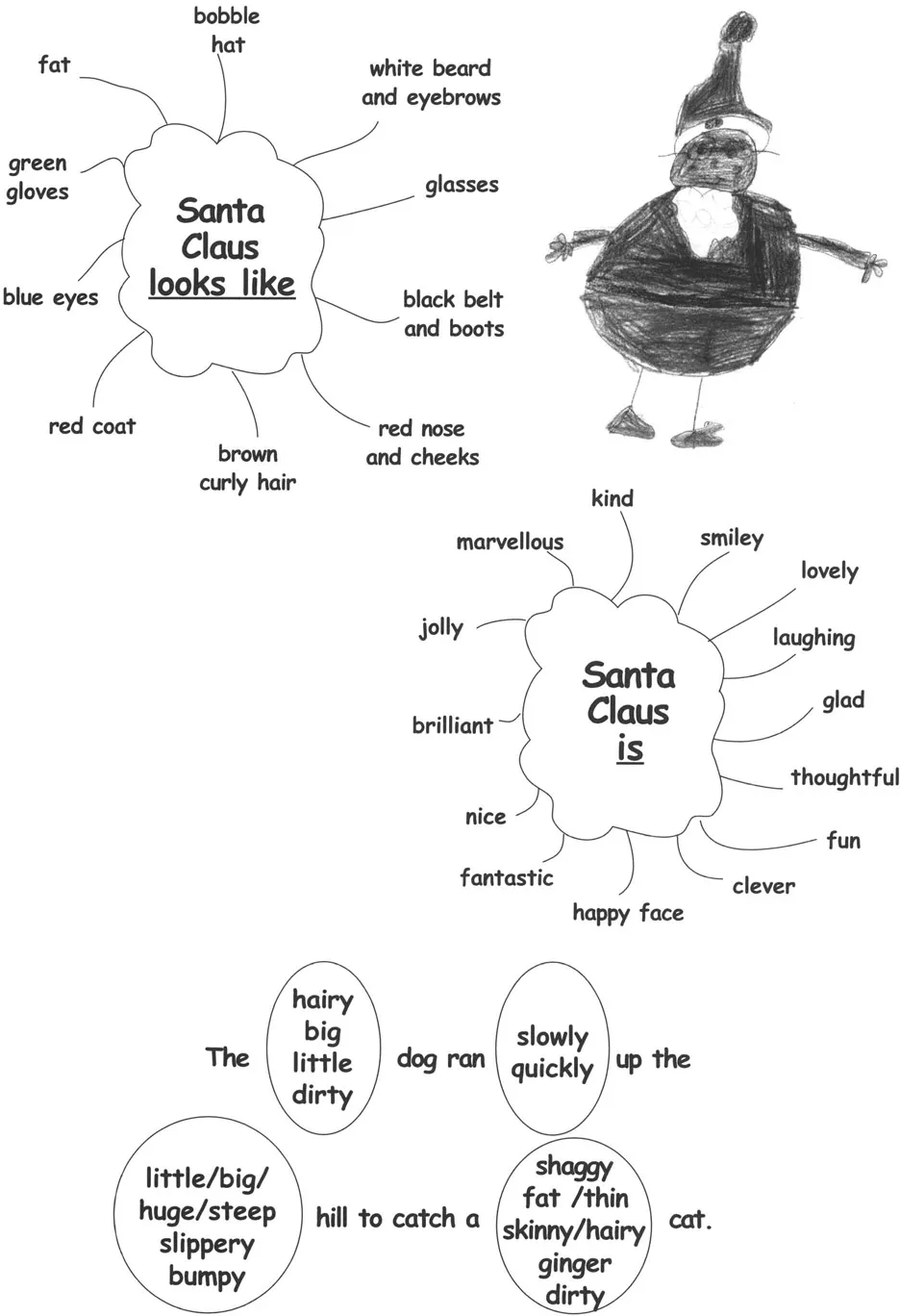
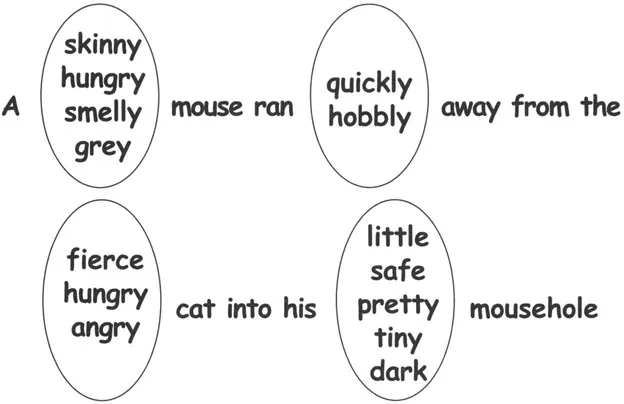

Purpose
Group Discussion
Reflect
- How important is it that the range of skills is carried across the whole curriculum?
- Has there been regular staff discussion to make sure that the children are receiving similar messages as they move from one activity to another or from one teacher to another?
- To what extent are the children aware of the thinking skills they are developing?
- Are parents aware of the skills that we, as teachers, are trying to get their children to develop?
- Have there been any training sessions held for parents?
Purpose


Theoretical background to the model of problem-solving and thinking skills used throughout this text
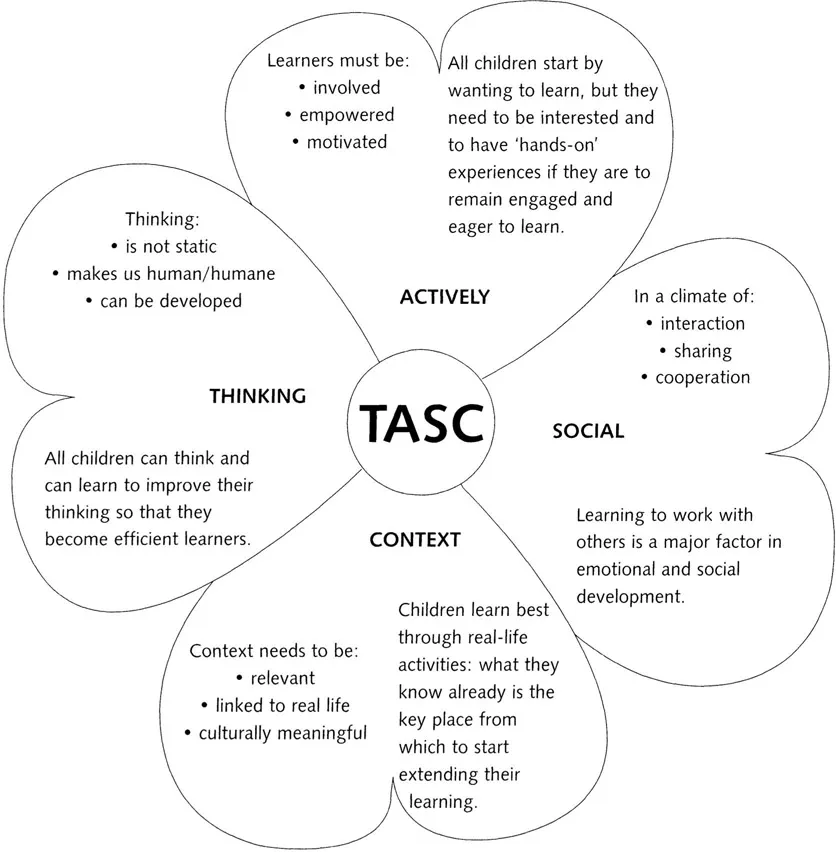
Reflect
Table of contents
- Cover
- Title
- Copyright
- Contents
- Notes on Contributors
- Acknowledgements
- Preface
- For Teachers, Parents and Children
- 1 Teaching Problem-solving and Thinking Skills in the Early Years: Working across the Curriculum The earlier we start the better!
- 2 Introducing the use of the TASC Problem-solving Wheel in Reception and Key Stage 1 Literacy: Developing Children’s Writing Skills
- 3 Using the TASC Wheel to Develop Problem-solving and Thinking Skills in Mathematics in the Early Years
- 4 Using the TASC Wheel to Maximise Children’s Thinking and Problem-solving in Early Years Science
- Bibliography and Useful Resources
- Index